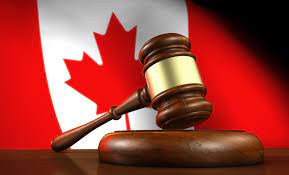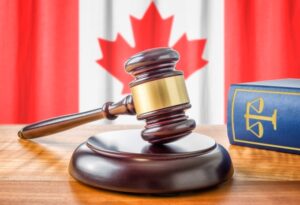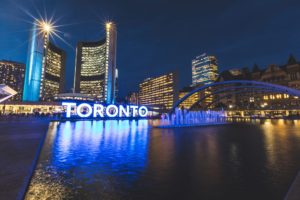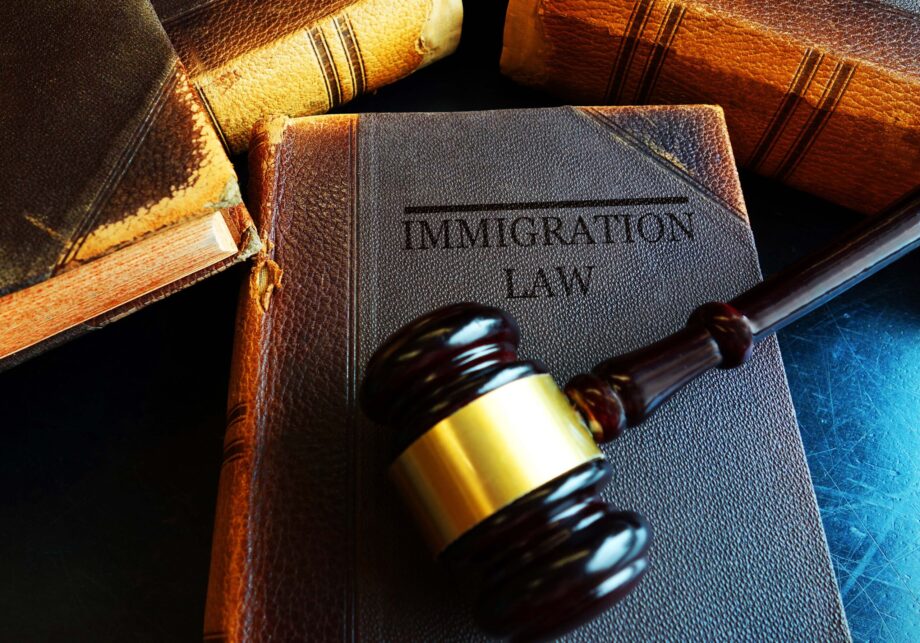Detention in Toronto

Understanding Detention in Toronto: A Comprehensive Guide
Introduction
Toronto, Canada's largest city, is a hub for immigration and international travel. However, for some individuals, their journey through Toronto involves detention by immigration authorities. Detention in Toronto typically falls under the jurisdiction of the Canada Border Services Agency (CBSA), operating under the Immigration and Refugee Protection Act (IRPA). It aims to address issues such as identity verification, inadmissibility, or risks to public safety.
This guide explores the reasons for detention, the legal process, rights of detainees, challenges faced, and resources available in Toronto.
1. Overview of Immigration Detention in Toronto
Toronto’s location as a major entry point for immigrants and refugees makes it a key site for immigration enforcement. The city hosts facilities for holding detainees, including:
a) Immigration Holding Centres (IHCs)
- Toronto Immigration Holding Centre (TIHC): Located near Pearson International Airport, this facility accommodates individuals detained for immigration-related issues.
b) Provincial Jails
- Detainees considered high-risk may be held in provincial correctional facilities.
2. Reasons for Detention
The CBSA detains individuals under specific circumstances:
a) Identity Concerns
- If an individual cannot provide satisfactory identification.
b) Flight Risk
- When authorities believe a person may not comply with immigration proceedings.
c) Public Safety Risks
- If a person poses a danger to the public or national security, such as through suspected criminal activity.
d) Inadmissibility Issues
- Detainees may face allegations of misrepresentation, fraudulent documentation, or criminal inadmissibility.
e) Pending Removal
- Individuals awaiting deportation may be detained to ensure compliance.

3. Legal Framework
a) Immigration and Refugee Protection Act (IRPA)
The IRPA governs detention decisions, ensuring they are based on legal grounds and reviewed regularly.
b) Canadian Charter of Rights and Freedoms
All detainees are entitled to fundamental rights, including:
- Right to legal representation.
- Right to be informed of detention reasons.
- Right to challenge detention.
4. The Detention Process
a) Initial Detention
- Detainees are taken into custody by the CBSA at entry points, workplaces, or during routine immigration checks.
- They are informed of the reasons for detention and their rights.
b) Detention Review
- A review is conducted within 48 hours by the Immigration Division (ID) of the Immigration and Refugee Board (IRB).
- Subsequent reviews occur every 7 or 30 days if detention continues.
c) Considerations for Release
- Compliance history.
- Ties to the community (e.g., family, employment).
- Identity verification.
5. Rights of Detainees
Detainees in Toronto have specific rights under Canadian law:
a) Right to Legal Counsel
- Detainees may hire a lawyer or access legal aid services.
- Organizations like Legal Aid Ontario provide assistance.
b) Right to an Interpreter
- Interpretation services are provided for individuals who do not speak English or French.
c) Right to Basic Necessities
- Food, shelter, and medical care must be provided in detention facilities.
d) Right to Family Contact
- Detainees can communicate with family, legal representatives, and consulates.

6. Alternatives to Detention
Toronto, as part of Canada’s immigration policy, prioritizes alternatives to detention:
a) Community Supervision Programs
- Individuals may be released under the supervision of community organizations.
b) Electronic Monitoring
- GPS tracking devices may be used to ensure compliance.
c) Reporting Conditions
- Regular check-ins with CBSA officials are mandated.
d) Financial Bonds
- Family or friends may post a bond to secure release.
7. Challenges Faced by Detainees in Toronto
a) Emotional and Psychological Stress
- Prolonged detention can lead to anxiety and depression.
b) Language Barriers
- Non-English or non-French speakers may struggle to navigate legal procedures.
c) Family Separation
- Detention often separates individuals from their loved ones, creating emotional strain.
d) Inadequate Legal Resources
- Many detainees lack the financial means to secure effective legal representation.
e) Substandard Conditions
- Reports of overcrowding and limited access to medical care have been documented in some facilities.
8. Supporting Organizations
Several organizations provide resources for detainees in Toronto:
a) Legal Aid Ontario
b) Canadian Council for Refugees
- Provides advocacy and support for refugees and immigration detainees.
c) Amnesty International Canada
- Focuses on the protection of detainees' human rights.
d) FCJ Refugee Centre
- Assists detainees with legal advice and settlement support.

9. Case Study: A Detention and Release Scenario
Background:
Maria, an asylum seeker from Venezuela, arrived in Toronto without proper documentation. The CBSA detained her at Pearson International Airport, citing identity concerns.
Actions Taken:
- Legal Representation: Maria contacted Legal Aid Ontario for a lawyer.
- Detention Review Hearing: At the hearing, her lawyer presented evidence of her asylum claim, including Venezuelan identity documents sent by her family.
- Release on Conditions: Maria was released with reporting conditions and supervision by a Toronto-based community organization.
Outcome:
Maria remained in Toronto, pursued her refugee claim, and eventually received protected person status.
10. Tips for Individuals Facing Detention
a) Remain Calm
- Cooperate with authorities to avoid escalating the situation.
b) Seek Legal Assistance Immediately
- Contact a lawyer or legal aid services.
c) Provide Accurate Information
- Be truthful and transparent to avoid further complications.
d) Gather Supporting Documentation
- Evidence of identity, community ties, and compliance history strengthens cases for release.
e) Utilize Available Resources
11. Conclusion
Detention in Toronto is a challenging experience, but understanding the process, rights, and available resources can make it more manageable. The Canadian government emphasizes fairness, regular reviews, and alternatives to detention, reflecting its commitment to upholding human rights.
Whether it’s securing legal representation, connecting with advocacy groups, or navigating detention reviews, detainees in Toronto can take proactive steps to address their situation. By leveraging the city’s robust support network and legal framework, individuals can work towards release and resolution of their immigration status.
In case, if you need help with Detention Review in Toronto or other immigration support, please fill in application below or contact us directly.

